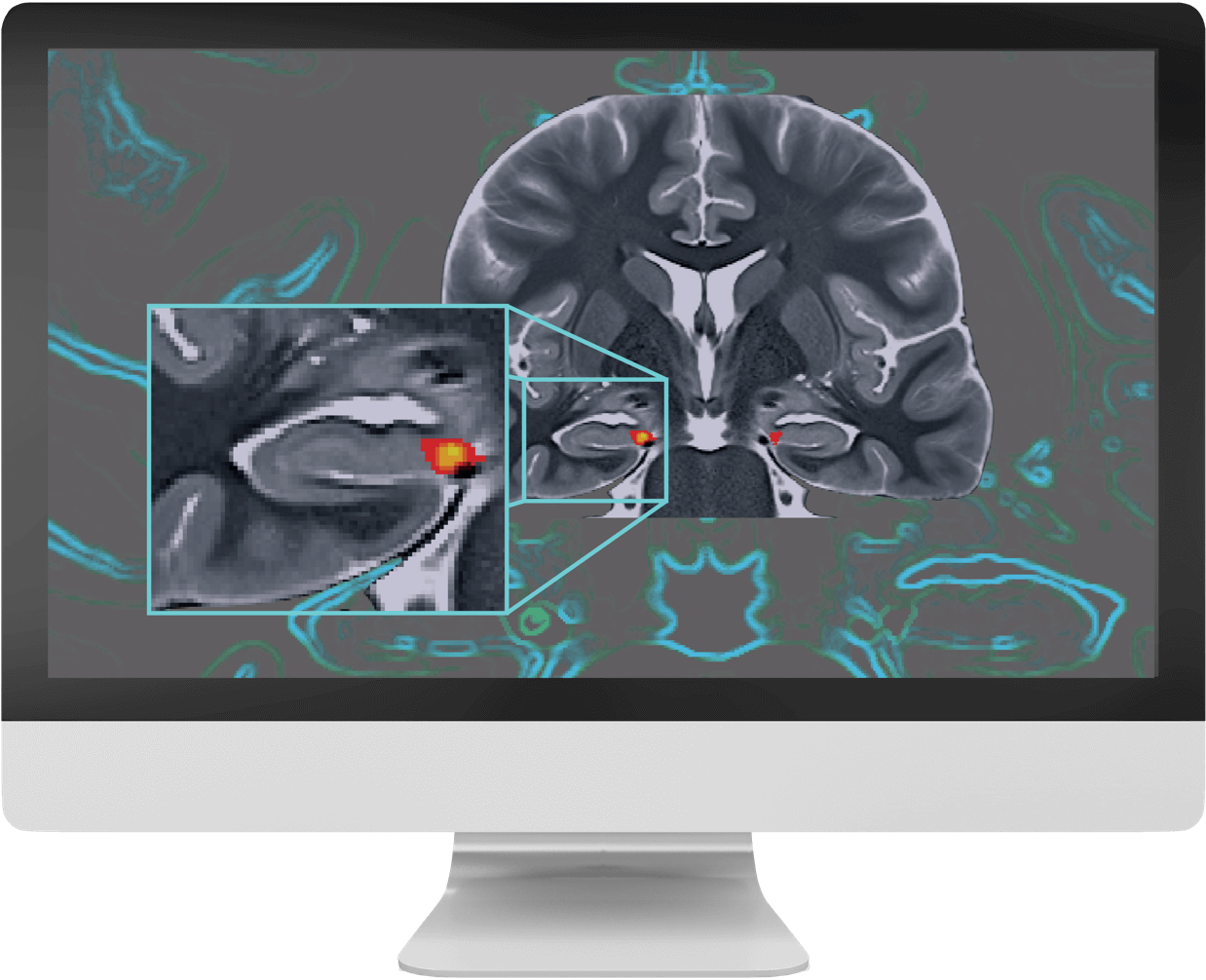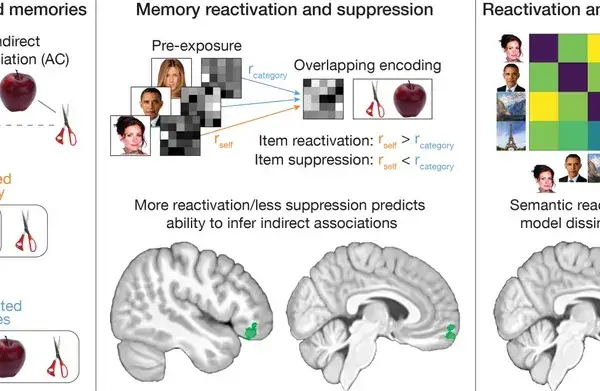
Research Highlight Recognizing connections between different experiences can help us make sense of the world. How does the brain represent these connections?
Neal W Morton, Ellen L Zippi, Alison R Preston
View Publication
Research Highlight When faced with new circumstances, we often use knowledge acquired in a different setting to guide decision making. What mechanisms in the brain support how we generalize spatial knowledge acquired on one day to influence future decisions in a new domain - time?
Katherine R Sherrill, Robert J Molitor, Ata B Karagoz, Manasa Atyam, Michael L Mack, Alison R Preston
View Publication
Research Highlight Both really positive and negative social environments impact hippocampal structure. Does even “normative” variability in family dynamics impact hippocampal structure across development?
Christine Coughlin, Eliya Ben-Asher, Hannah E. Roome, Nicole L. Varga, Michelle M. Moreau, Lauren L. Schneider and Alison R. Preston
View Publication
Our Research
At the Preston Lab, we use a combination of behavioral and brain imaging techniques to explore how we form new memories, how we remember past experiences, and how our memory for the past influences what we learn in the present.
Kids, Teens & Parents
Are you Interested in how your brain works? We are actively recruiting kids and teens for our studies of memory development to learn more about how the brain changes as we grow up and how children and adolescents remember new things.

Latest Publications
From studies of memory development to how memories influence our decisions, there is a lot going on at the Preston Lab. View our scientific papers:
Asynchronous development of memory integration and differentiation influences temporal memory organization
Coughlin, C.*, Pudhiyidath, A.*, Roome, H. E., Varga, N. L., Nguyen, K. V., & Preston, A. R
Developmental Science, 00, e13437
Representations of temporal community structure in hippocampus and precuneus predict inductive reasoning decisions.
Pudhiyidath P*, Morton NW*, Viveros Duran R, Schapiro AC, Momennejad I, Hinojosa-Rowland DM, Molitor RJ, Preston AR
Journal of Cognitive Neuroscience. 34(10) 1736-1760
Spatial preposition use predicts children’s spatial map formation
Kim Nguyen, Hannah Roome, Christine Coughlin, Katherine Sherrill, Alison Preston
PsyArXiv
Schema, Inference, and Memory
Nicole L. Varga, Neal W. Morton, Alison R. Preston
Oxford Handbook of Human Memory

About Our Lab
The Preston Lab is a cognitive neuroscience lab made up of researchers and students at The University of Texas at Austin. Led by Alison R. Preston, Ph.D., the lab studies how kids, adolescents, and adults acquire and retain knowledge.
News & Events
Congratulation Ayesha!
Congratulation Ayesha!
March 27, 2024
Congratulations to graduate student Ayesha Nadiadwala on the successful defense of her dissertation. Co-mentored by Dr. Alison Preston and Dr. Joey Dunsmoor, Dr. Ayesha Nadiadwala has spent her time at the University of Texas at Austin focused on the intersection between emotion and memory. Congratulations on this monumental achievement! ... Read more » Congratulation Ayesha!Congratulations Jianing!
Congratulations Jianing!
September 25, 2023
Congratulations to Ph.D. student Jianing for passing the final part of her Qualifying Exam today! This is an amazing milestone! ... Read more » Congratulations Jianing!
How the brain connects related experiences

How the brain connects related experiences
June 9, 2023
In our new paper at Cerebral Cortex, we find that the brain may connect related experiences by reactivating semantic knowledge in the medial prefrontal cortex (mPFC) and integrating knowledge about both experiences in the hippocampus. Follow this link to check out the paper! ... Read more » How the brain connects related experiencesCongratulations Neal!
Congratulations Neal!
May 11, 2023
Congratulations to post-doctoral fellow Neal Morton, who will be starting a faculty position at the University of Wisconsin-Milwaukee this Fall! Neal’s lab will use neuroimaging and modeling to examine how the brain organizes memory to reflect knowledge about the world and aid reasoning. ... Read more » Congratulations Neal!